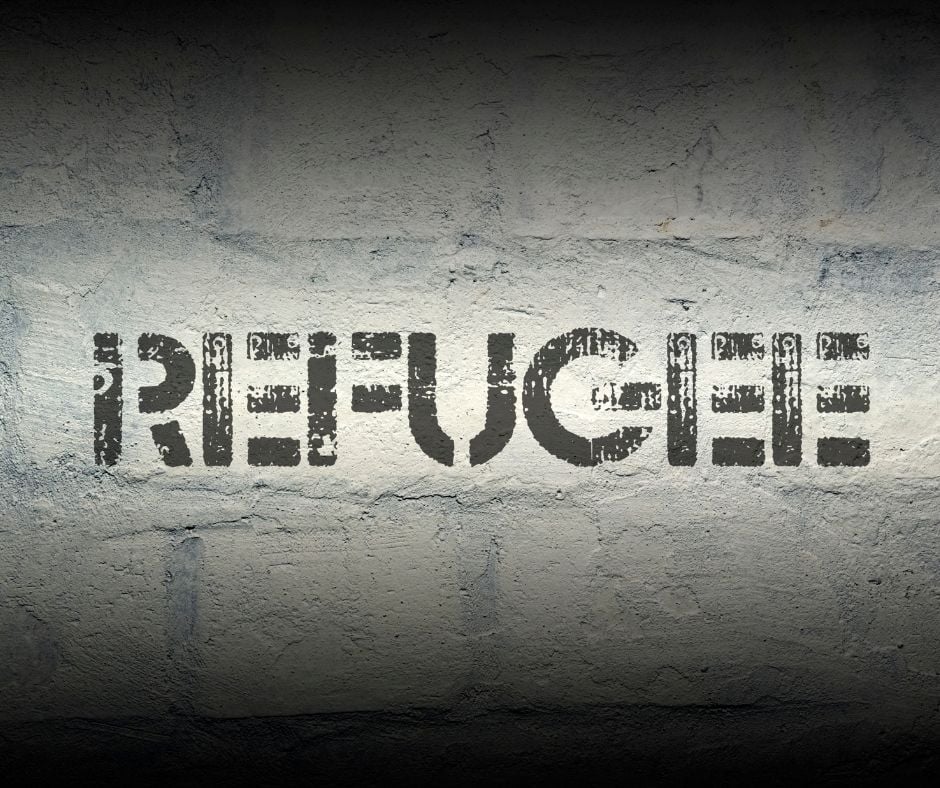Deadline: 31-Aug-2025
UNHCR Bangladesh is inviting Expressions of Interest (EOIs) from experienced organizations to provide Information Management Services for Rohingya refugees residing in Cox’s Bazar and Bhasan Char. The goal is to strengthen data systems and improve evidence-based humanitarian assistance.
In 2024–25, UNHCR enhanced its Information Management and Assessment capacities to better support technical units. The organization remains committed to collecting accurate and timely data to support protection and assistance efforts. In 2026, this system will be further improved to enable routine data analysis, strengthen monitoring, support humanitarian programming, and ensure effective reporting and coordination.
The initiative emphasizes collaboration with implementing partners, government bodies, and UN agencies, especially to support vulnerable groups. Gender and disability inclusion will be integrated across all data and programmatic activities.
The planned activities aim to provide high-quality data on the needs of Rohingya refugees and establish baseline information to support targeted interventions. Key sectors include Site Management, WASH, Site Planning, Cash-Based Interventions (CBI), Public Health, and Protection.
Camp profiling will be conducted in all camps with partner agencies to assess sectoral indicators, monitor trends, track population changes, highlight duplications, and identify gaps. Monthly data updates will be ensured through camp monitoring tools.
Infrastructure mapping will be carried out quarterly to document facilities across camps and hosting areas. This includes both spatial and non-spatial data to track the condition and availability of essential infrastructure.
Comprehensive, inter-sectoral needs assessments will be conducted up to twice a year in all camps. These will involve various sectors and technical experts to ensure inclusive and accurate findings.
UNHCR will also implement protection profiling in every camp using an updated profiling tool. Protection profiles will be generated monthly or quarterly, and at least five protection monitoring reports will be produced annually to track evolving trends.
Risk analysis related to natural hazards such as floods and landslides will be performed periodically. Sophisticated tools will be used to generate GIS maps and data for all camps and hosting areas, which will support preparedness and response planning.
A qualified pool of enumerators will be established to support UNHCR’s information management activities. These enumerators will be trained in data collection, quality control, and processing. They will assist in up to 20 technical projects annually across sectors including Protection, WASH, Health, Shelter/NFI, Energy, and Education.
Logistical support will be provided for data collection efforts in camps and host communities. Enumerators will typically work in teams of 10–50 per project, with each engagement lasting around two weeks. Orientation and field coordination will also be arranged to ensure consistency and effectiveness.
By 2029, the expected impact is for forcibly displaced populations to thrive as part of resilient, empowered communities. The outcome will be the establishment of robust data systems that support timely, evidence-based decision-making and a more coordinated humanitarian response.
Outputs include comprehensive and updated datasets through regular profiling, mapping, protection monitoring, and needs assessments. Risk analyses and GIS-based outputs will guide mitigation strategies, and the trained enumerator pool will ensure quality data collection across all sectors.
This project will take place in Chittagong, Bangladesh, and spans cross-sectoral areas, focusing on monitoring, evaluation, research, and data analysis.
For more information, visit UNHCR.
